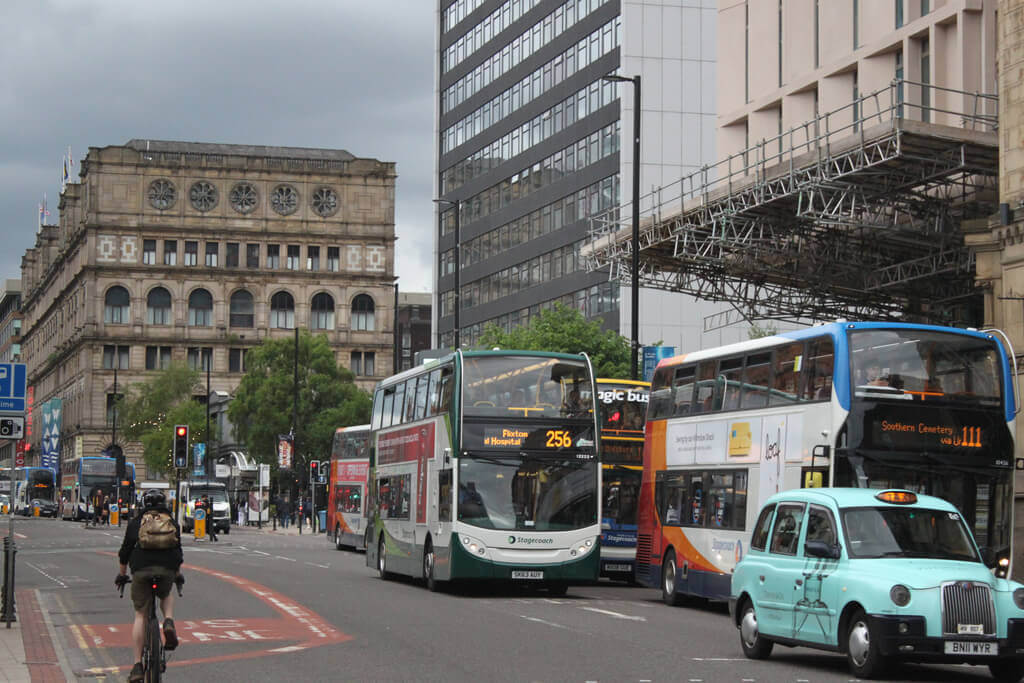The OneBus organisation has been opposing franchising in Greater Manchester and fighting to make the region’s Mayor and authorities recognise the benefits of partnership in its place. OneBus CEO, Gary Nolan, speaks to James Day about the work it has done and its next steps now franchising is firmly on the agenda
On Monday 24 June, 2019, Greater Manchester Mayor Andy Burnham announced that he would be seeking to implement franchising in the region’s bus network, following the recommendation of an assessment into its bus services.

By subscribing you will benefit from:
- Operator & Supplier Profiles
- Face-to-Face Interviews
- Lastest News
- Test Drives and Reviews
- Legal Updates
- Route Focus
- Industry Insider Opinions
- Passenger Perspective
- Vehicle Launches
- and much more!


